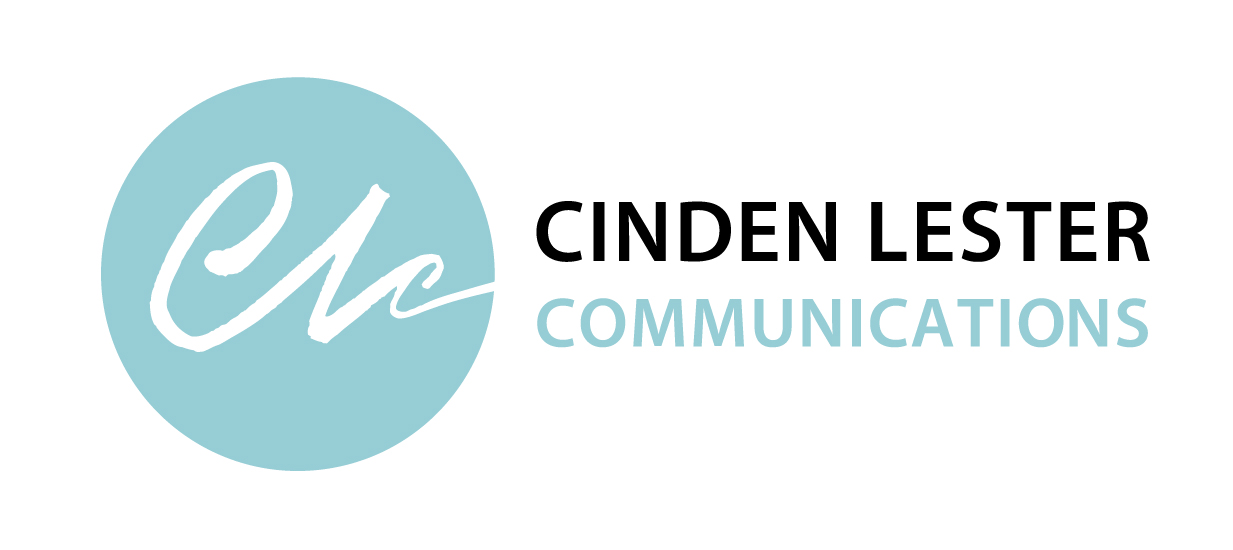 Being a communications professional usually means juggling several projects at once. It can be a challenge prioritising multiple projects, especially when everything feels important.
Being a communications professional usually means juggling several projects at once. It can be a challenge prioritising multiple projects, especially when everything feels important.
Here are some quick tips to help make sure you don’t drop the ball.
Write a list. I know, obvious right? But apart from helping you see exactly what’s on your plate, it’s also handy to check nothing slips through when you’re busy.
Identify real deadlines and stakeholders. Talk to your clients and/or supervisor and identify the real due date or deadline for each task. Be clear on who the stakeholder is for each task as well, or who the work is ultimately for.
Work backwards. Work backwards from the deadlines to assess how much time you need for the different aspects (e.g. research, drafting, approval, design, publishing). By clarifying how much time you need, and how much you need to rely on others for input, you’ll start to see which tasks you need to get onto ASAP.
Prioritise your list. Now you can prioritise. What is really the most important and what is urgent (and some tasks are probably both), what has a bit more wriggle room, and what can move a little further down the list?
Manage expectations. Be clear on what you can deliver. If you’re already loaded up, be honest about whether you can take on more. If you are asked to take on something else important or urgent, look at what what else on your list can give a little to open up some time.
Chunk it down. Sometimes the big picture just feels too overwhelming. If some items on your list look too daunting to even start, break them down into more achievable, relevant tasks. So for example, ‘write newsletter article’ might break down into ‘review background information’, ‘interview subject matter expert’, ‘plan article outline’, ‘do first draft article’, ‘edit draft’, ‘send draft for approval’. That way you can dig into the smaller tasks, start ticking off items on your list and get some momentum going.
Batch it up. If you have similar work for different projects, consider ‘batching’. For example, if you need to research something—whether you’re emailing requests for information, reviewing background documents, searching online, or talking with subject matter experts—you might find it more efficient to get into the groove of researching and collating the information you need for several different projects.
Be disciplined. Set aside the time you think you’ll need (a few hours, a morning, a day) to work on a given task, and then tune out distractions. Let calls go to voice mail, put in your earbuds and listen to music, go offline if you can. A change of scene may also help your focus without distractions. If you can, find a quiet space or relocate to a coffee shop for a while—what ever works for you.
Delegate. If you can… And if you don’t have staff, maybe there is a friend or colleague who wouldn’t mind helping out if you put your hand up.
Stock up. If you know you’re in for a busy patch, stock up on what you need to get you through. All the experts will tell you that’s herbal tea or green smoothies… but I find the old fashioned combination of coffee and chocolate works pretty well!
‘I love deadlines. I love the whooshing sound they make as they fly by.’
Douglas Adams
| Cinden Lester has more than 25 years’ experience as a professional writer, editor and communications specialist. She worked as a broadcast journalist, in private sector marketing and public relations, and in government communications before establishing her own Canberra-based communications consultancy in 2000.
Contact Cinden if you’d like help with your communications. |

